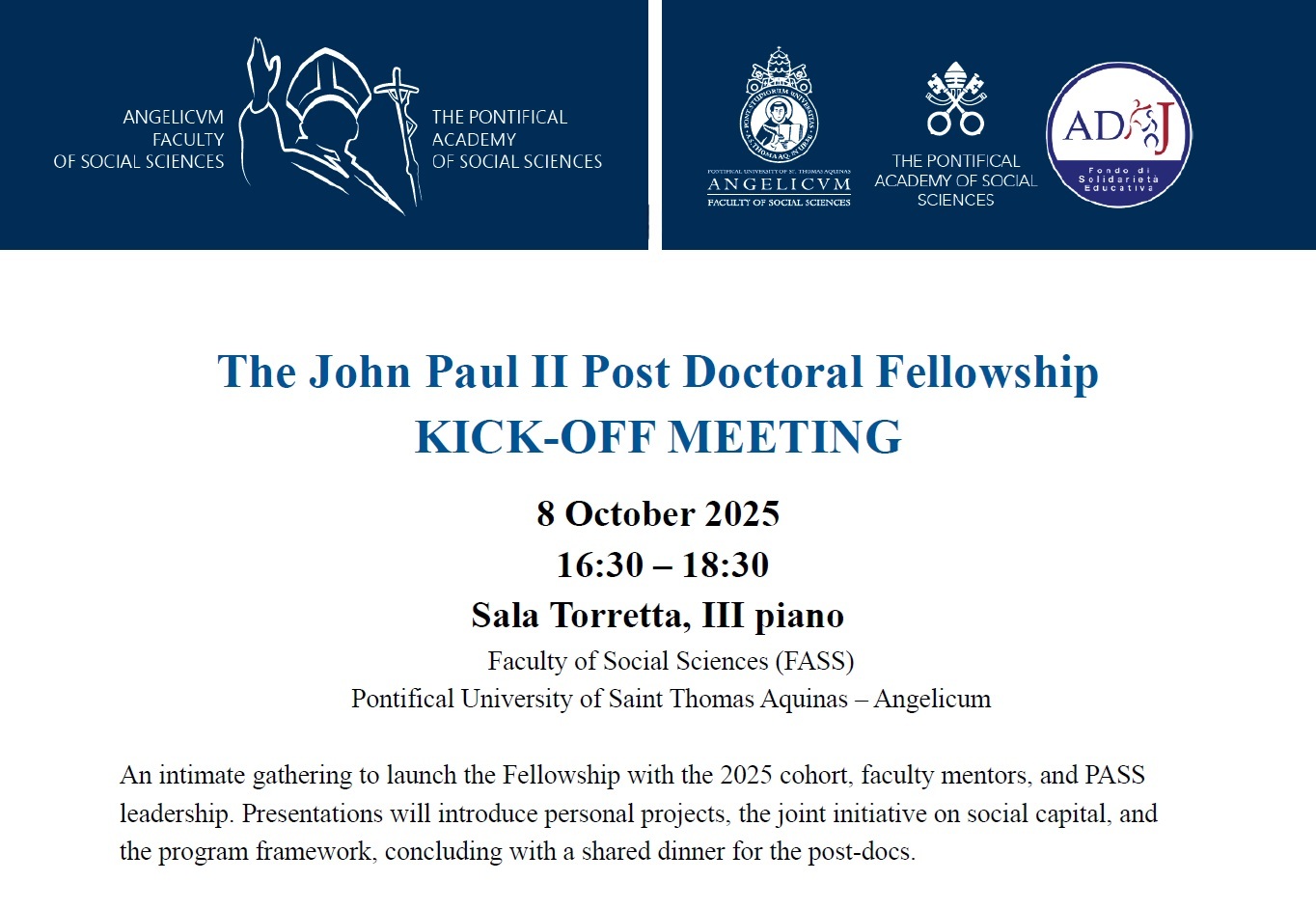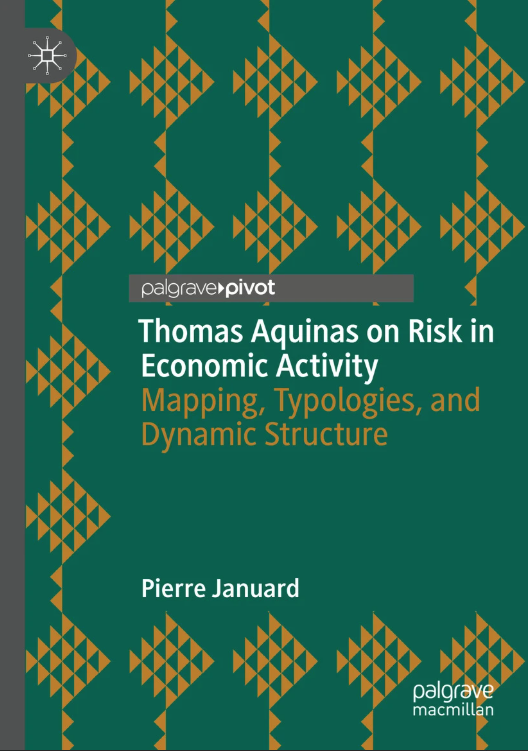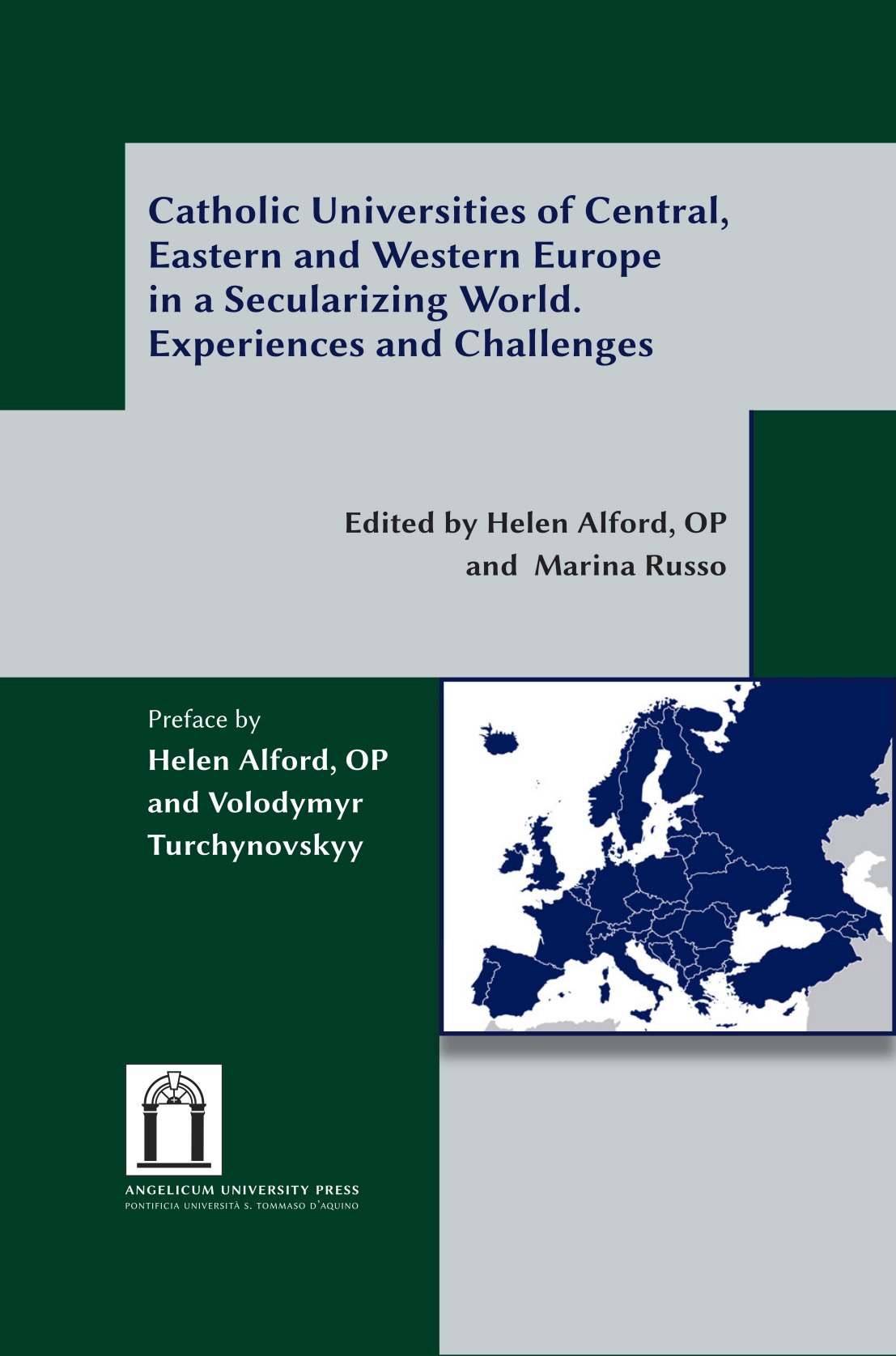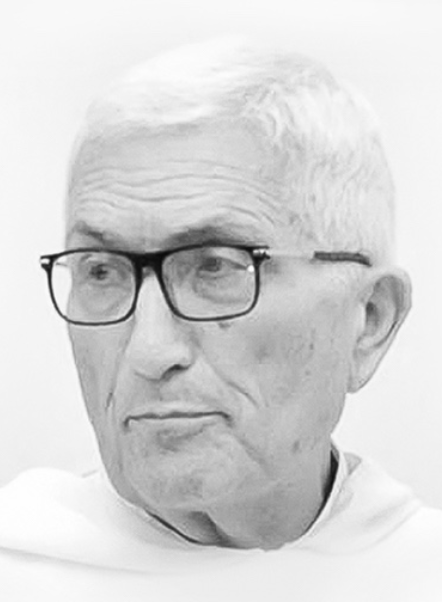 Aiuti e crisi economica mondiale
Aiuti e crisi economica mondiale
Cardinale Renato Raffaele Martino
Italiano
Solo se alla base della vita politica ed economica poniamo un’adeguata visione della persona umana e dei suoi diritti fondamentali, abbiamo la reale possibilita di individuare il bene comune e di operare per esso. In questo contesto un punto assai attuale e la vasta e pervasiva crisi finanziaria ed economica che vive il mondo in questo momento. Molti si ostinano a vedere in essa solo un temporaneo incepparsi di alcuni meccanismi tecnici, superabile con la messa a punto di strumenti piu adeguati. L'A. ritiene che una lettura piu onesta della crisi imponga di vedere che i meccanismi si sono inceppati perche coloro che li dovevano far funzionare operavano ad di fuori di ogni cornice etica.Tutti noi sappiamo che l’economia e le istituzioni economiche si occupano di quella dimensione della vita socio-relazionale dell’uomo che ricerca le possibilita di far fronte, in modo quantitativamente e qualitativamente apprezzabile, ai bisogni primari posti dalla sua esistenza nel mondo. Si situa in questa prospettiva la dimensione intrinsecamente etica dell’economia, sia come aspetto della vita pratica dell’uomo, che come scienza. Infatti, la persona umana e al centro della ricerca e della prassi economica, come piu volte ribadito nell’ambito del Magistero sociale della Chiesa, che e giunto a dichiarare l’uomo come “l’autore, il centro e il fine di tutta la vita economico-sociale” (Gaudium et Spes, 36).
English
Only if we place an adequate vision of the human person and of his fundamental rights at the basis of political and economic life, do we have a real possibility of understanding what is the common good and of working towards it. In this context, the widespread and pervasive current financial and economic crisis that the world is experiencing is clearly important. Many find it hard to accept that this represents a temporary breakdown in a few technical mechanisms that can be put right with more adequate instruments. The author maintains that a more honest reading of the crisis requires that we recognise that these mechanisms have broken down because those who should have made them work operated outside any ethical framework. We all know that the economy and economic institutions involve, in both quantitative and qualitative ways, dealing with the primary needs that existence in this world poses. In this perspective, the intrinsically ethical dimension of the economy is found, as an aspect of both the practical life of man and of knowledge. In fact, the human person is at the centre of economic effort and practice, as we are regularly reminded by the social teaching of the Church, which has sees man as “author, centre and end of all socio-economic life” (Gaudium et Spes, 36).
Per una visione cristiana dell’ impresa
Marcello Sánchez Sorondo
Italiano
Le ricchezze artificiali e naturali sono destinate al servizio dell’uomo, per l’uso dell’uomo E chiaro che oggi il problema non e solo di offrirgli una quantita di beni sufficienti, ma e quello di rispondere anche ad una domanda di qualita: qualita delle merci da produrre e da consumare, qualita dei servizi di cui usufruire; qualita dell'ambiente e della vita in generale. Come ha formulato J. Maritain, “le leggi economiche non sono leggi puramente fisiche come quelle della meccanica o della chimica, se non leggi dell’azione morale, che implicano valori morali” .Di conseguenza la giustificazione degli elementi e dei valori economici bisogna cercarla nelle esigenze dell’azione umana. Percio e la moralita, ossia la moralita intrinseca dell’economia, la condizione dei suoi effetti benefici per l’essere umano.
Il rischio giustifica il guadagno come lo ha visto San Tommaso, che considera giusto il beneficio di denaro investito in un’impresa, mentre dichiara ingiusto l’interesse per il denaro prestato. Da questa dottrina dell’Angelico si deduce che il guadagno non puo essere il movente di un’impresa capitalista. Si deve attendere il profitto perche si rischia un capitale. Pero non si deve cercare il guadagno per il puro guadagno. Bisogna che ci siano moventi onesti che giustifichino l’investimento di denaro in un’impresa come per esempio il beneficiare la collettivita con una nuova produzione utile, o il dare lavoro ai disoccupati, oppure un sostentamento conveniente dei padroni e dei dipendenti. Ma come ripartire il profitto? In un’economia in cui la proprieta privata ha un senso ordinatore, parlando in senso di giustizia commutativa, il profitto appartiene di sua natura al proprietario dell’impresa, naturalmente una volta che siano stati soddisfatti tutti gli obblighi con i dipendenti e i vari consumatori. Avendo il successo dell’impresa come concausa anche i lavoratori, nel caso in cui la retribuzione concordata non corrisponda alla prestazione effettiva puo essere indicata una partecipazione al profitto.
In English
Artificial and natural riches are at the service of human beings and are for their use. It is clear that today the problem is not only to offer enough goods in terms of quantity, but also to respond to the requirement of quality: quality of goods produced and consumed, quality of the services of which use is made, quality of the environment and of life in general. As J. Maritain puts it, “economic laws are not purely physical like those of mechanics or chemistry, rather they are laws of moral action, implying moral values”. Consequently, the justification of economic elements and values needs to be looked for among the requirements of human action. Therefore it is morality, or the intrinsic morality of the economy, which is the condition of the economy’s beneficial effects for the human being.
Risk taking justifies gain, as St Thomas understood it, considering it to be just that there should be profit made from money invested in a business, while declaring interest on money loaned as unjust. From this teaching of the Angelic Doctor one deduces that profit cannot be what moves a capitalist enterprise. One must earn profit from risking capital. At the same time, one should not seek gain for gain itself. Honest reasons that justify the investment of money in a business are needed, as, for example, the benefit given to society as a whole of a new, useful product, or to give jobs to the unemployed, or a proper level of income to owners and workers alike. But how should profit be divided up? In an economy where private property orders things, according to commutative justice, the profit made, by its nature, belongs to the owner of the business, obviously after all obligations towards employees and various consumers have been met. Since workers are also part of the cause of the success of a business, in a situation where the agreed payment does not correspond to the actual effort put in, a possible solution is participation in profits.
business are needed, as, for example, the benefit given to society as a whole of a new, useful product, or to give jobs to the unemployed, or a proper level of income to owners and workers alike. But how should profit be divided up? In an economy where private property orders things, according to commutative justice, the profit made, by its nature, belongs to the owner of the business, obviously after all obligations towards employees and various consumers have been met. Since workers are also part of the cause of the success of a business, in a situation where the agreed payment does not correspond to the actual effort put in, a possible solution is participation in profits.
 IT
IT  EN
EN 



















